With the world seeing unprecedented changes and uncertainties in geopolitics and the economy, China and Europe can play greater roles in international cooperation, said Romano Prodi, a former president of the European Commission and two-time Italian prime minister.
Prodi, who is also a board member of the China Europe International Business School, discussed global geopolitics and multipolar diplomacy at a lecture given at the CEIBS Shanghai campus on Jan 18.
He pointed out that the global landscape of international politics, the economy and diplomacy has changed entirely from what it was 25 years ago — when he served as Italy's prime minister and president of the European Commission.
"In today's world, there is not only the power of the US, but also other emerging economies as a result of globalization. However, if we overemphasize ideological or value frameworks, we are less likely to reach agreements," said Prodi.
"International politics is like a bridge. People pass through — cars, trucks, pedestrians. You don't have to drive the same, have the same ideology or even the same values. You just have to respect the traffic rules."
Prodi, who first visited China in 1983, is considered one of the fathers of the euro and is a staunch supporter of enlargement of the European Union, with the number of its member states increasing to 25 during his tenure.
He noted that there are vast and long-term differences between Chinese and US foreign policies.
"China accounts for 19 percent of the world's population, with only 7 percent of the world's arable land, which requires a large amount of renewable energy and raw materials," he said, adding that China's foreign policy must be continuous and long-term as the primary task is to meet the needs of its people. "American foreign policy is, in general, dependent on the president or whoever is in power," he added.
Prodi also warned that with great changes in economic diplomacy and the increasing role of government in national economies, competition is now no longer solely between companies but also between states.
"The changes in the world are accompanied by the deep changes in economic and industrial policies, such as public subsidies, sanctions and the new competition in new strategic sectors like alternative energy, electrical cars and chips."
In such a context, both the EU and China, as two major economies in the world, are destined to play greater roles in multilateral coordination.
Prodi noted that there are challenges for Europe to find its position as a "mediator" in international relations.
"A fragmented Europe needs policies and regulations to attract investment. One window of opportunity lies in the EU-China Comprehensive Agreement on Investment."
He also highlighted China as one of the most important nations in international relations, calling for further cooperation based on common interests between China and Europe.
He said that China's role in global affairs is particularly important due to its links with other developing nations, such as those in Asia and Africa, and added that he considers the Belt and Road Initiative to be "a positive proposal".
"We need some sort of long-term approaches and projects in which we decide step by step to analyze problems, find solutions and close differences," said Prodi.








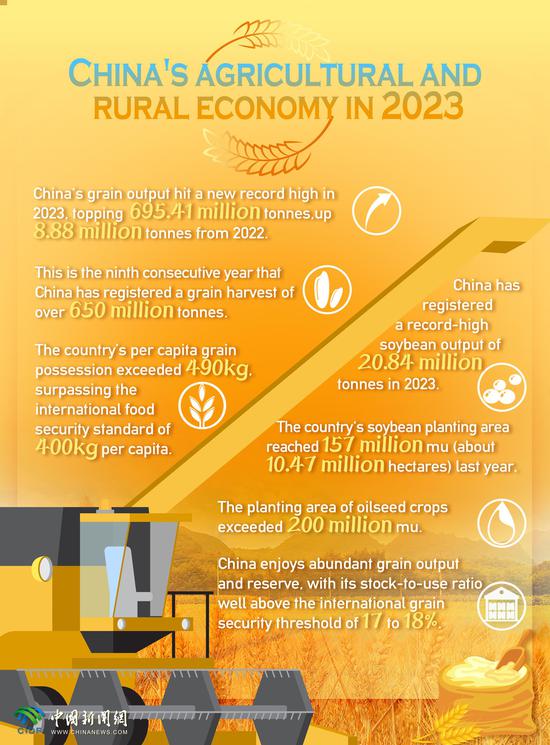
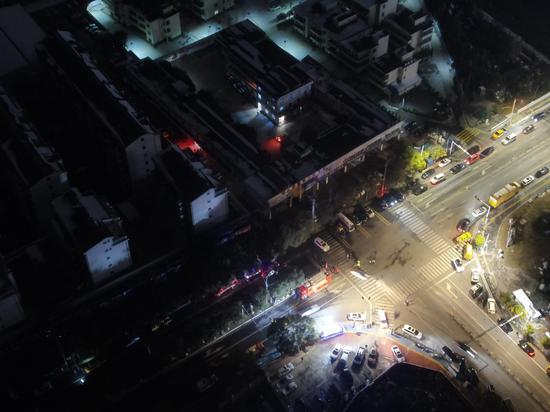
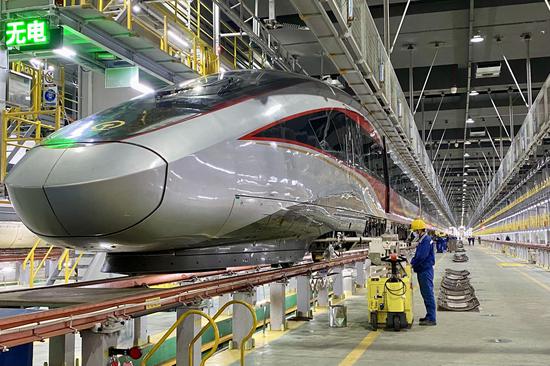
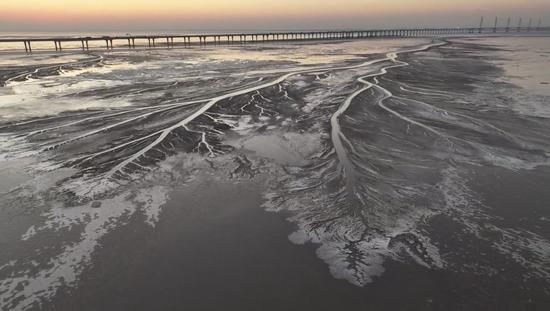
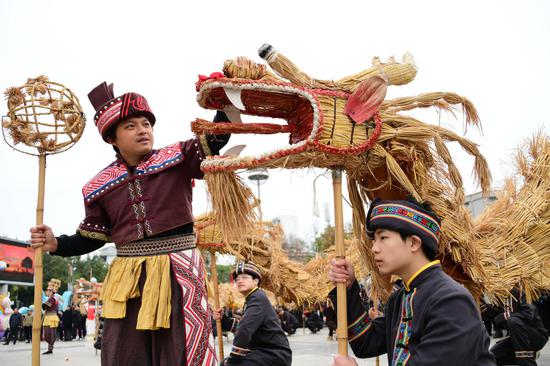
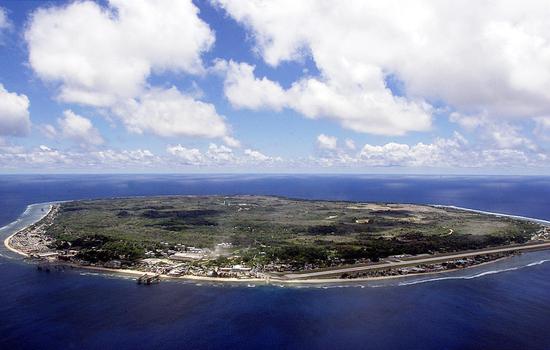
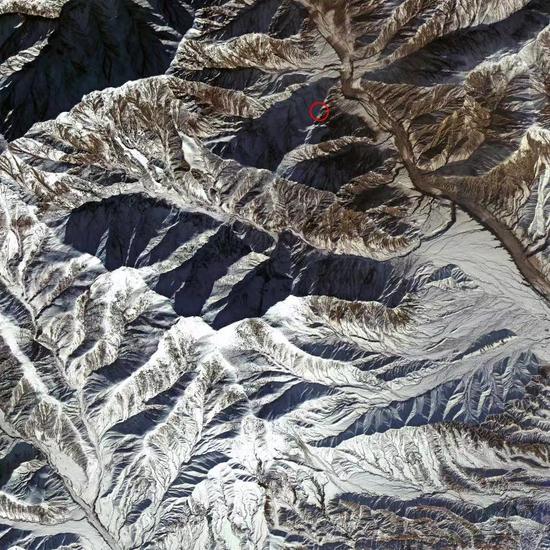
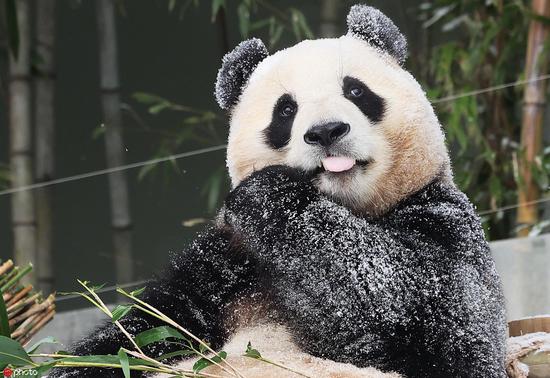
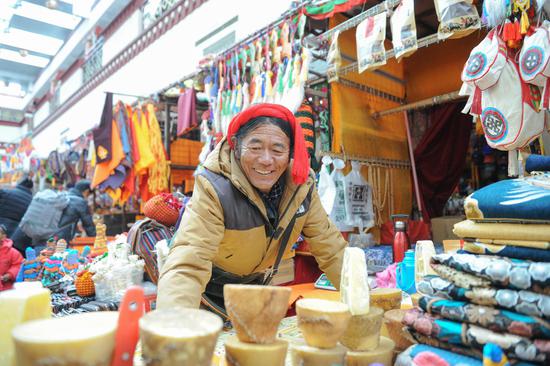
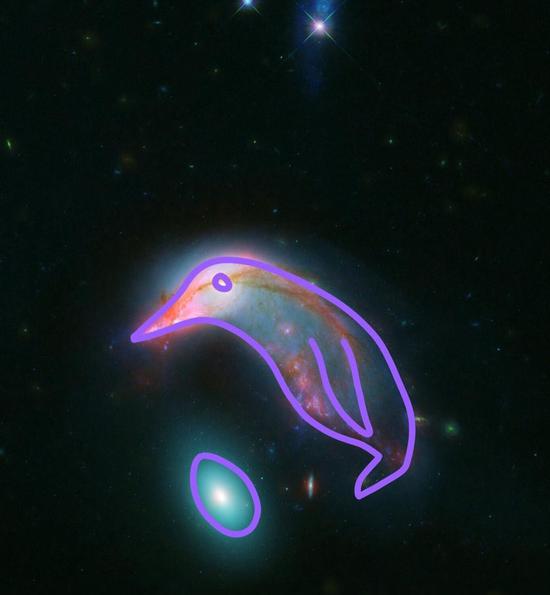
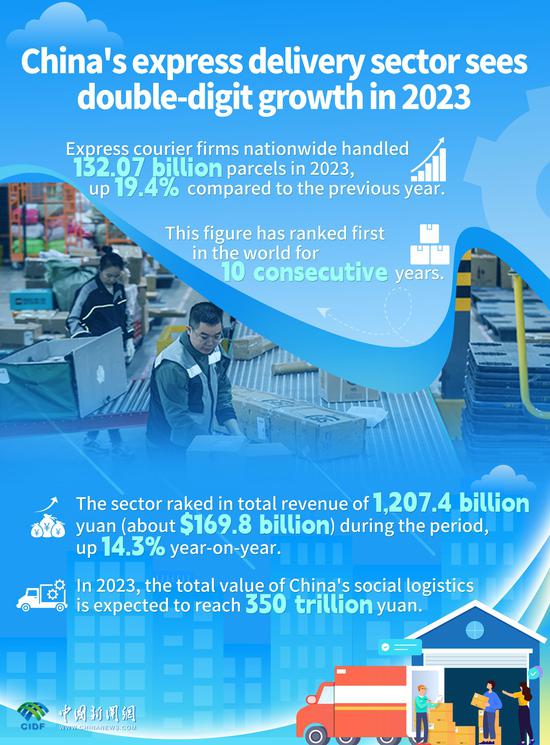
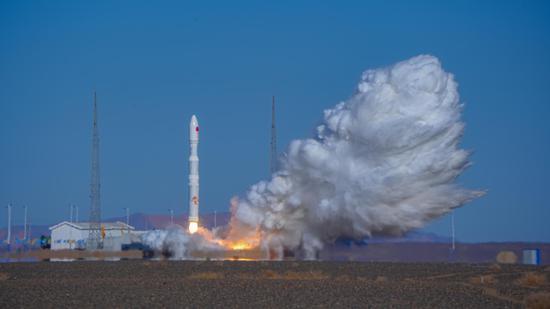

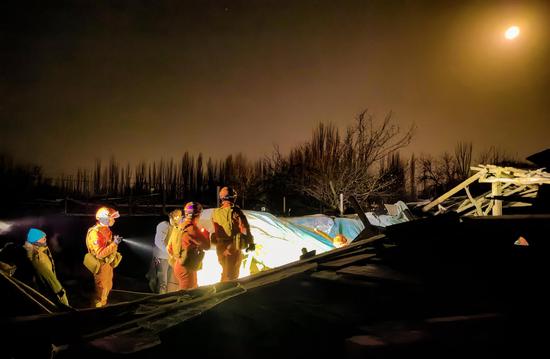
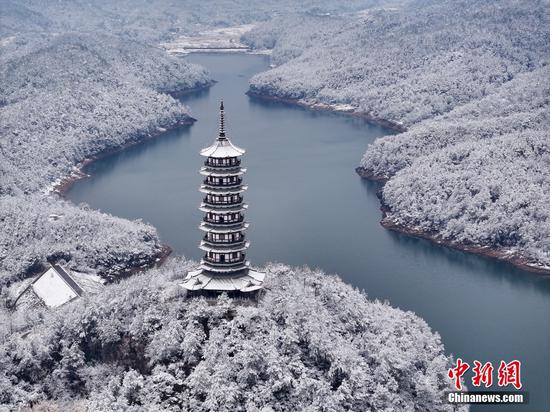
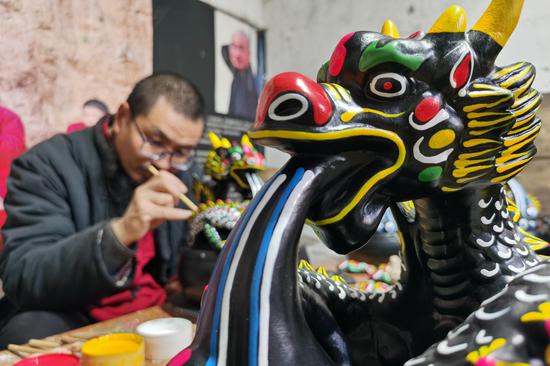
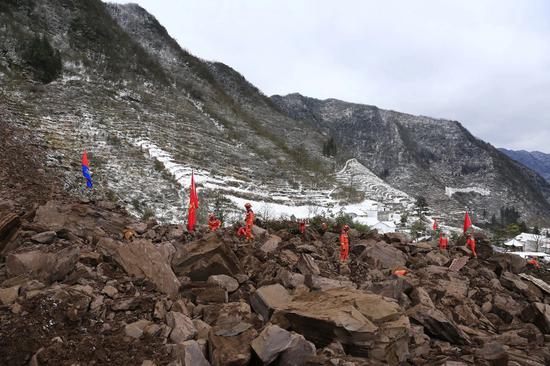
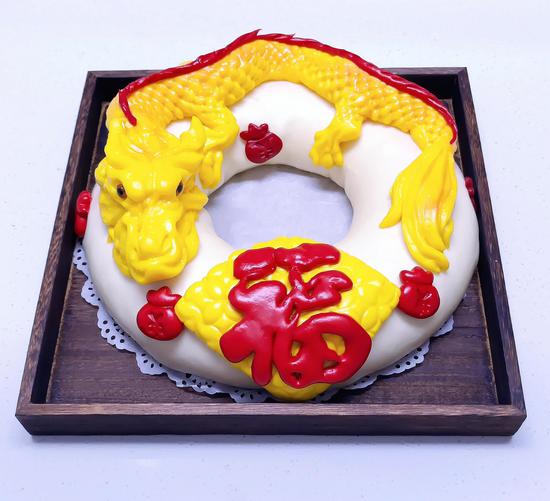
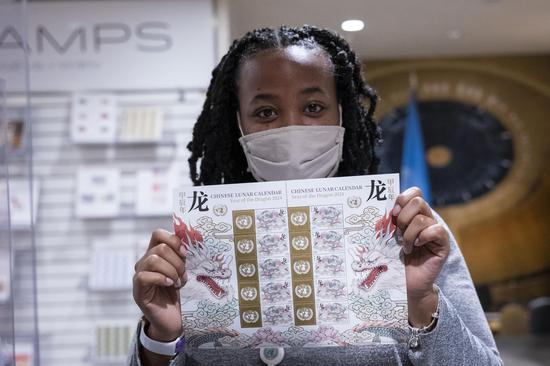
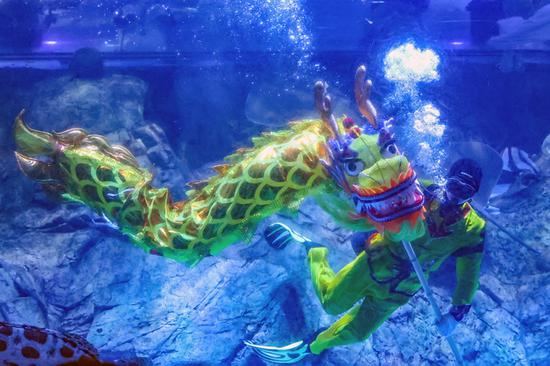
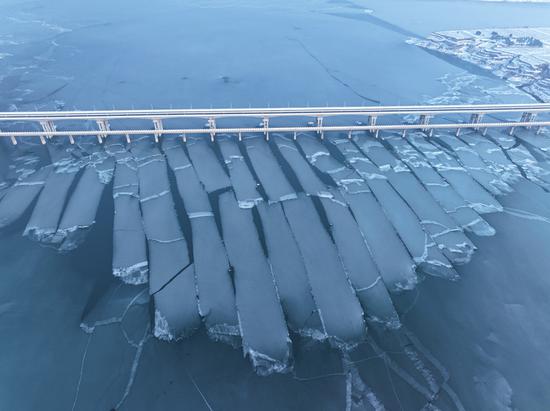

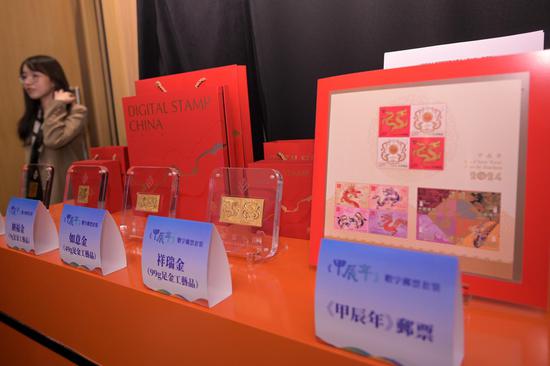
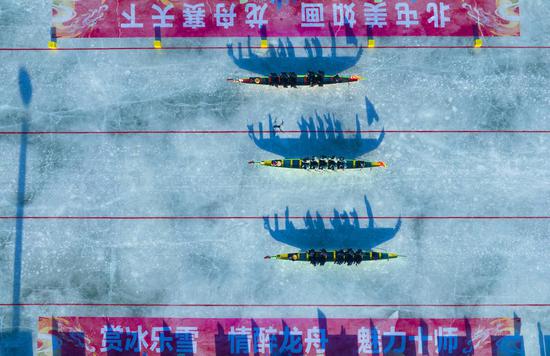


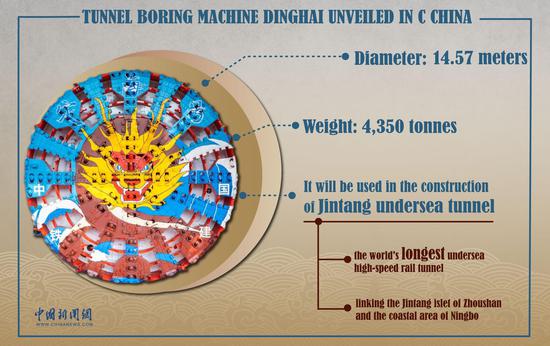
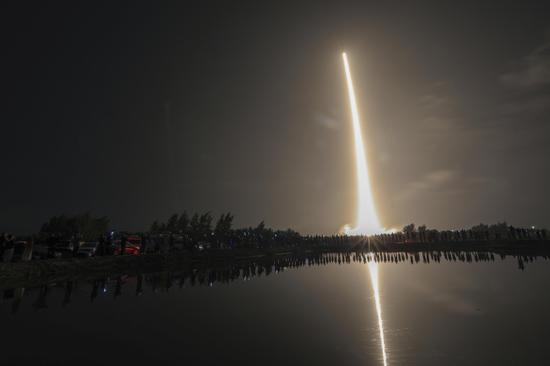
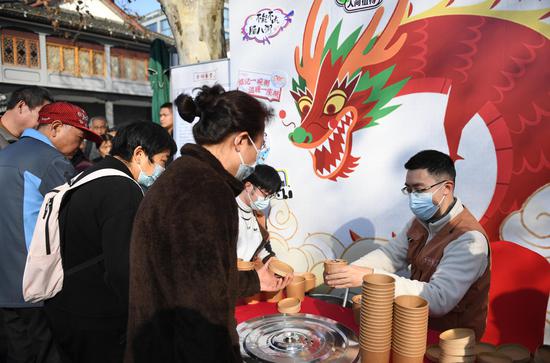


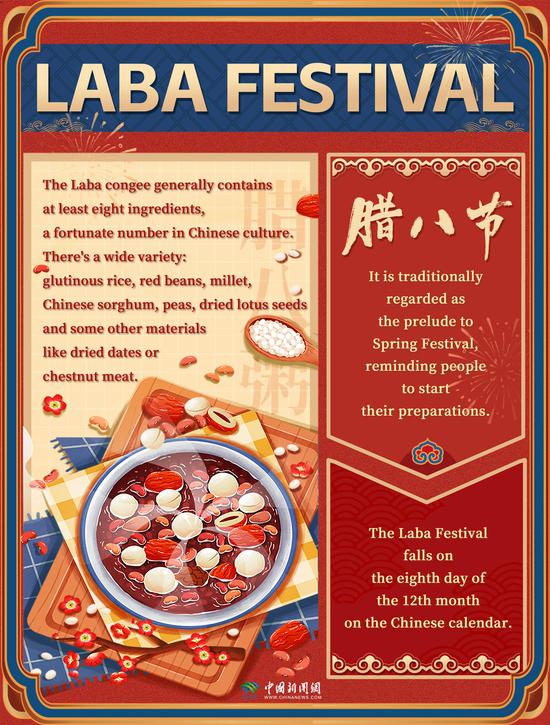
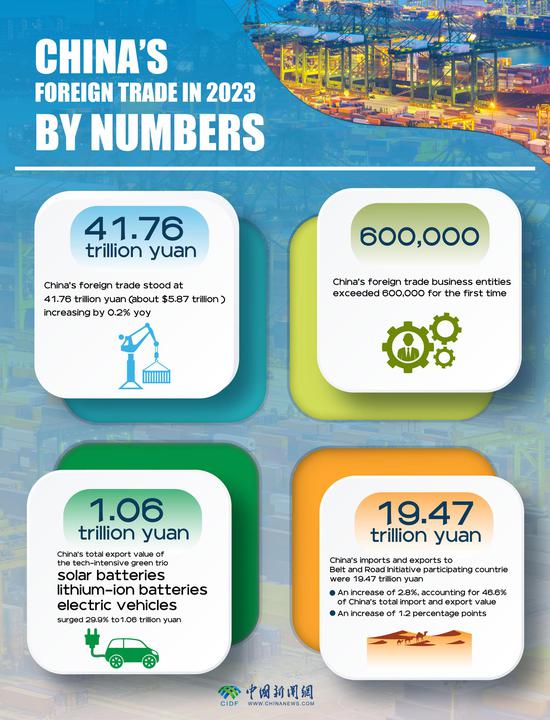

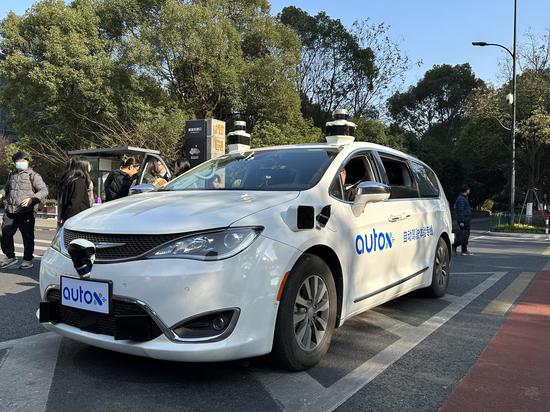
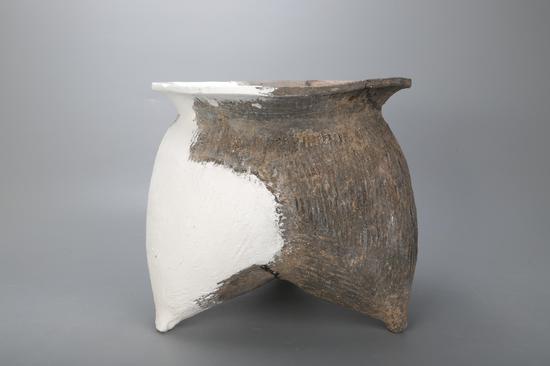






 京公网安备 11010202009201号
京公网安备 11010202009201号